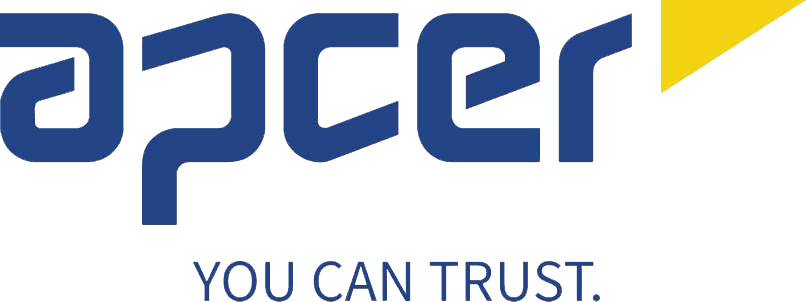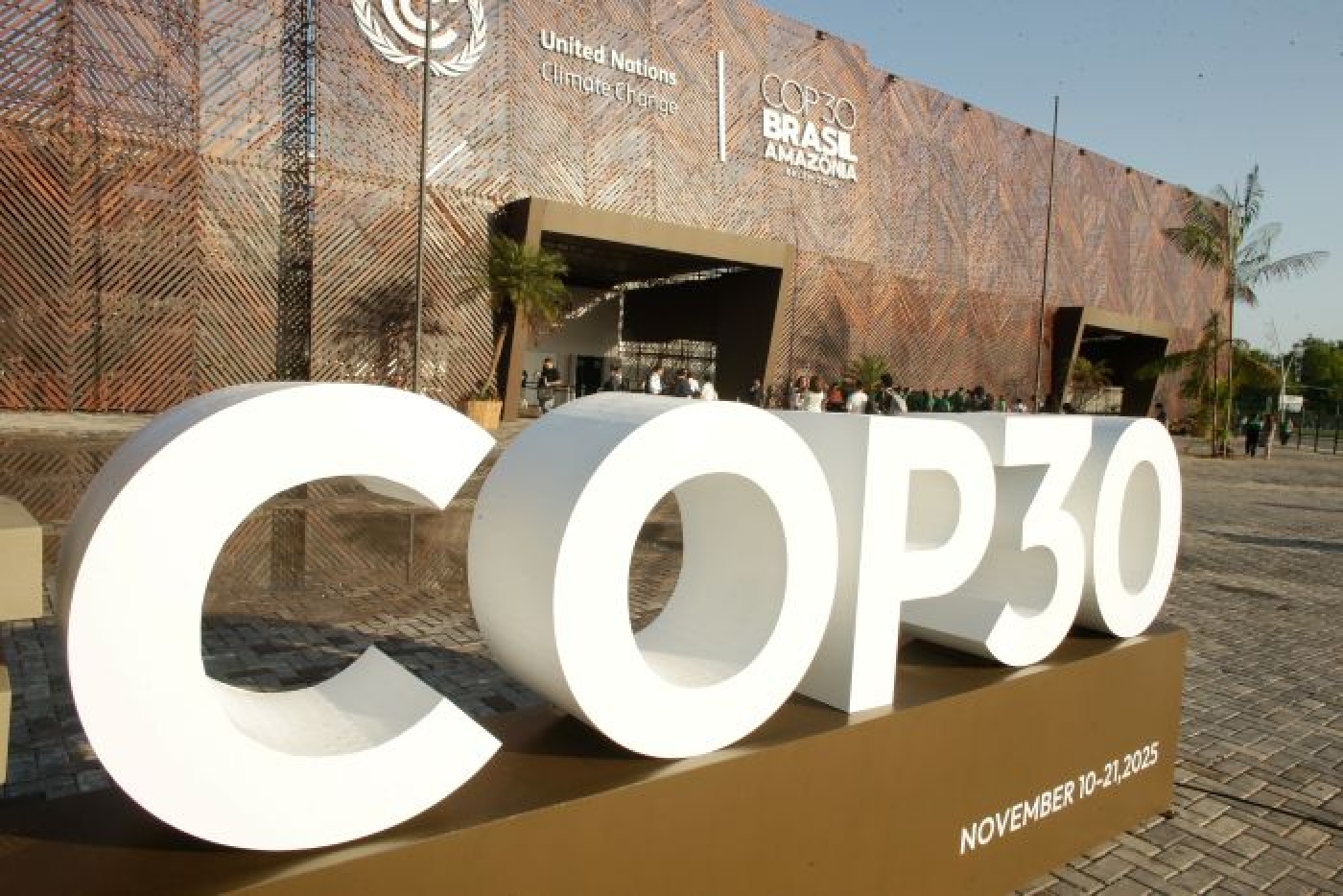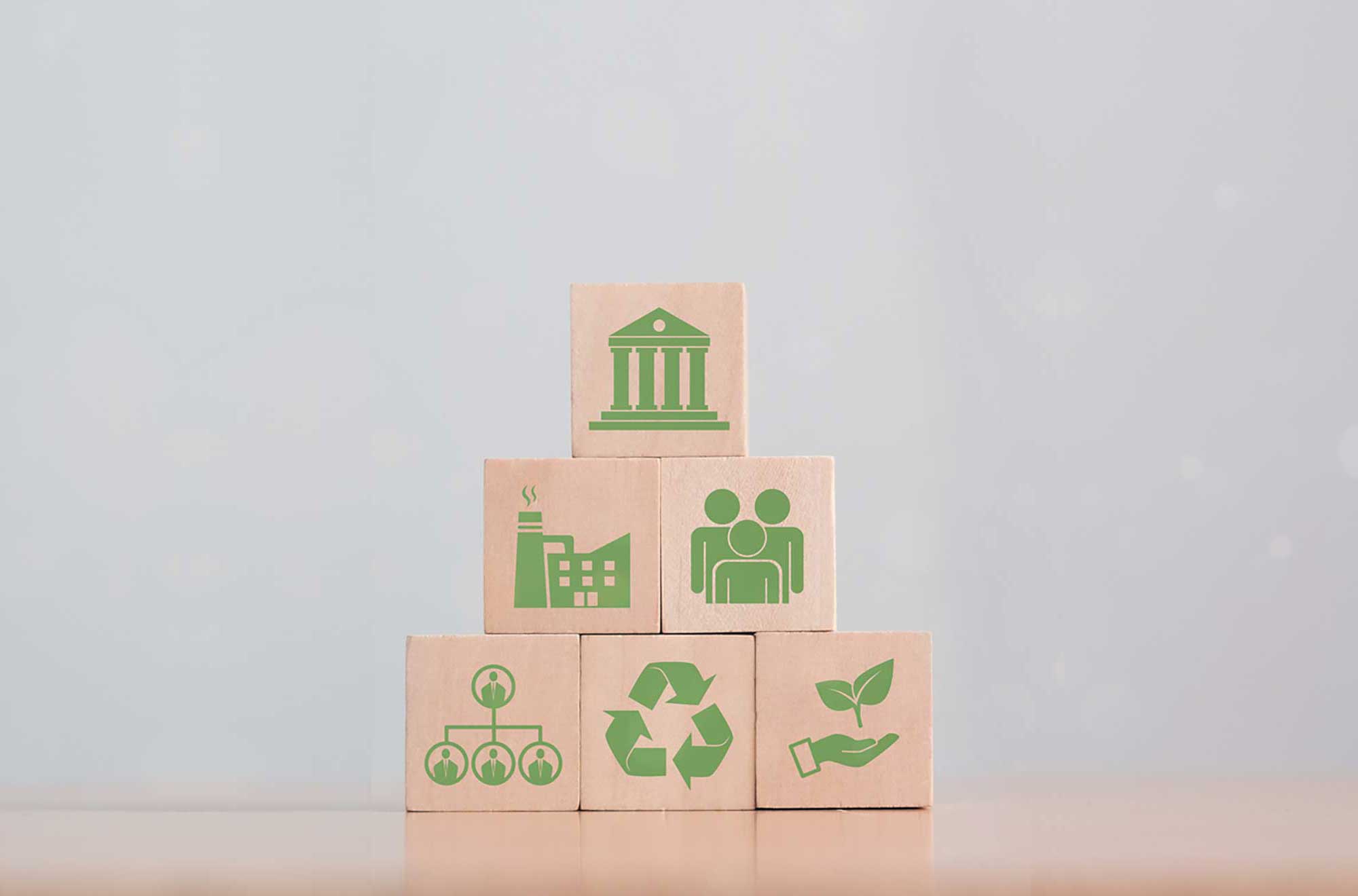Both the market and consumers are increasingly paying close attention to brands and demanding that they become more sustainable and effectively demonstrate that the actions they have implemented are becoming more environmentally and socially responsible.
This pressure extends to the entire supply chain, which is becoming increasingly complex, as the link to companies that do not respect or uphold decent working conditions and human rights can damage the reputation and earnings of brands. It is therefore an increasingly common practice to conduct social audits on suppliers in order to verify their compliance with codes of conduct that are designed to ensure fair working conditions and to demonstrate compliance with applicable legislation and ethical and responsible commitment.
Over the past 30 years, the number of codes of conduct and frameworks promoting social responsibility has grown, leading to manufacturers being subjected to repetitive, resource-intensive audits several times a year.
The Social Labour Convergence Program (SLCP) developed a solution to this problem. The aim of this multi-sector initiative is to reduce audit fatigue in global supply chains and improve the social and working conditions of those companies.
The SLCP brings together various interested parties to create and implement a common tool to help save time and money spent on social auditing, which in turn allows these savings to be redirected towards improving working conditions. Members of the SLCP have developed the Converged Assessment Framework (CAF), which provides a set of verified data, without value judgment or scoring, and can be compared between countries, regions and levels. The IT system, consisting of Gateway and Accredited Hosts, is built to let facilities share their verified data with many stakeholders. The end goal is to verify the SLCP evaluation report.
In a simplified way, a factory can share its SLCP verified data with interested parties and customers who also want to access it. The data verified by the SLCP is designed to be compatible with different standards or Codes of Conduct. This gives brands, retailers and standards the flexibility to add their own scores or interpretations to the data based on their own needs. The SCLP offers enormous potential for comparing data over time and across countries, regions and levels.
Becoming a member of the SLCP involves three steps:
1. A self-assessment performed by the organisation (or a joint assessment with external assistance) involving answering questions about the conditions of its facilities.
2. Independent verification of data by SLCP-approved verifiers (including an on-site visit and reporting).
3. The loading of verified data onto a secure portal where SLCP-approved users can access the data with the organisation's permission.
Facilities that want to join the SLCP can select 3 different scopes during the evaluation process. All facilities must assess Scope 1 but can also choose Scopes 2 and 3 for additional information.
1. Essential: it focuses on issues of social and labour compliance, primarily concerning International Labour Standards and national labour laws.
2. Progressive: includes Scope 1. It focuses on management systems and additional topics concerning less critical labour and issues of social compliance.
3. Advanced: includes Scopes 1 and 2. It includes questions that go beyond the norms of the social responsibility sector which are required by national or international law and which seek to increase workplace well-being and community impact.
Initially SLCP applied to the textile, clothing and footwear industries before expanding to other sectors such as home textiles and furniture, as well as exploring opportunities in consumer goods markets more broadly.
Since its launch in 2019, the programme has grown exponentially. By the end of 2021, the SLCP has been launched in 56 countries and regions, 6,458 facilities have been registered in the Gateway and the number of verified assessments has increased to 4440, an increase of 165% from the previous year.
Adhering to SLCP verification increases transparency in your supply chains, reduce the need for repetitive, duplicate social audits conducted over short time intervals and redistribute your organisation's resources in order to improve working conditions.
Choose APCER as your partner for SCLP verification. We have extensive experience in social responsibility audits, we are an effective member of the APSCA and we are an approved verification body for SLCP checks in China.
APCER. You can trust!
Susana Pacheco
Supply Chain Unit Leader | APCER














